|
When the school closes for summer, millions of students lose access to critical services and learning opportunities. Research shows that income-based reading gaps grow over the summer. Summer learning loss may be a contributing factor in the reading performance achievement gap between high and low-income students. And worse - many students who qualify for federally subsidized meals during the school year do not receive the same nutritional content over the summer. So what can schools do??? Well, first districts should offer summer programming for all identified students. They can offer meals through federal funding. Schools or teachers can check local libraries for free activities and share with families. Museums are learning opportunities. Schools can offer game nights for families (virtually too!), camps, trips to museums, and more. And when your schools don’t do this, what can teachers do??? 15 to 30 minutes per day is all it takes to prevent regression. Send home ideas on activities to families. During the last week of school, have students make games and activities to take home for summer practice. Offer incentives for reading journals, writing journals, math project completion, etc. Set up a field trip for the last few weeks of school to the library and sign up any student who does not have a library card. Invite your students to virtual weekly game nights with you, read alouds, or a check in! Share websites with families so students can have continued learning practice over the summer. It takes a village to raise a child. By: Miss Rae Related Blogs...Related Resources...
0 Comments
Leave a Reply. |
CategoriesAll Comprehension CoPlanning CoTeaching Directed Reading DIY Fluency Fountas & Pinnell Graphic Organizers Guided Reading Lesson Planning Multi-Tiered Systems Of Support Phonological Awareness RAN Read And Respond Reading Reading Assessments Reading Comprehension Response To Intervention RTI Science Of Reading Science Of Reading For Special Education Teachers Special Education Special Education Eligibility Special Education Lesson Planning Teaching Strategy Visualizing & Verbalizing Visual Texts Vocabulary Writing Writing In Response To Reading |
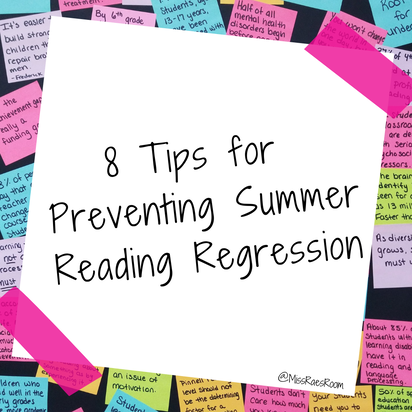
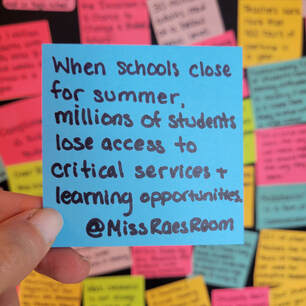
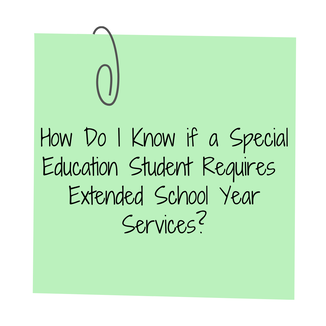
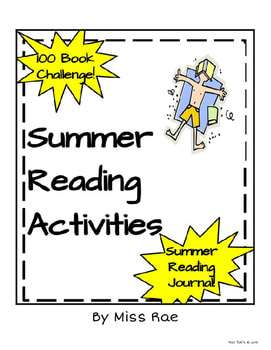
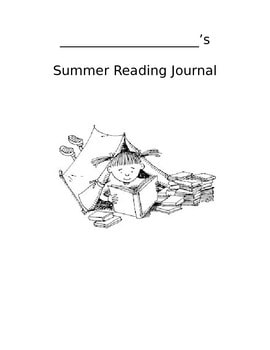
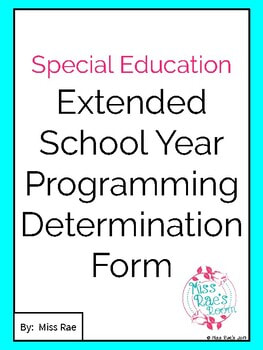

 RSS Feed
RSS Feed